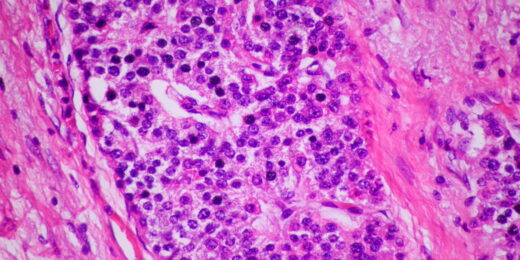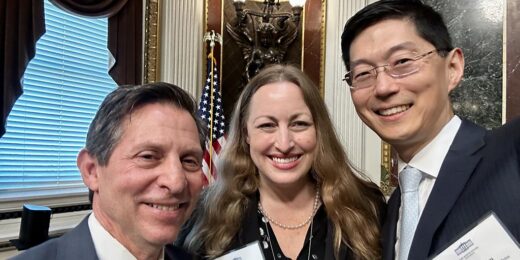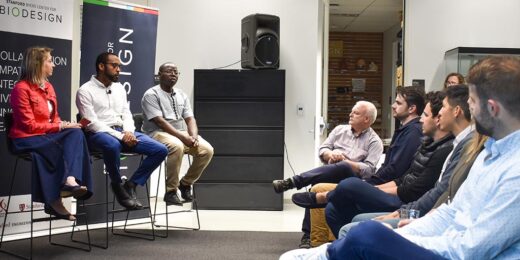Two of Brian Suffoletto's close friends died in an alcohol-related car accident when he was in college. It helped focus his path in medicine.
Category: Innovation & Technology
Emergence program provides socially conscious entrepreneurs an on-campus incubator
Emergence comprises some 100 experts, serving as speakers, advisors or mentors, that guide how to identify societal needs and carry out the entrepreneurial process.
The time ‘is now, in the beginning’: How do we ensure AI tools aren’t biased?
New artificial intelligence tools have the potential to revolutionize health care. But Stanford researchers argue that disparities could worsen without intervention now.
AI, medicine and race: Why ending ‘structural racism’ in health care now is crucial
Health care providers must reckon with inherent race-based biases in medicine, which can reinforce false stereotypes in algorithms and lead to improper treatment recommendations or late diagnoses.
Why precision medicine leads to better diabetes care
Improvements in treatment technology are helping physicians deliver individualized care to their Type 1 diabetes patients.
How to regulate AI? Bioethicist David Magnus on medicine’s critical moment
The applications for AI in medicine are being explored deeply at Stanford Medicine and elsewhere. Putting guardrails in place now is crucial.
New AI tool for pathologists trained by Twitter (now known as X)
Stanford Medicine researchers create a new AI-powered algorithm that analyzes pathology images based on data from Twitter, now known as X.
Rethinking large language models in medicine
Stanford Medicine researchers and leaders discuss the need for medical and health professionals to shape the creation of large language models.
Women biomedical inventors underrepresented on patents
Stanford Medicine-led study finds a disparity between men and women listed on patents and their research contributions.
Brain cancer specialists hope Biden’s Moonshot speeds therapies
Stanford Medicine brain cancer researchers joined other thought leaders in Washington, D.C. to discuss what the Biden Administration-led Cancer Moonshot initiative could mean.
Stanford Biodesign fellows hope to spur innovation in home countries
Biodesign program trains global fellows to take what they learn about technological innovation back home to train others.
Scientists get a new view of digestion
Stanford Medicine researchers and others create a new device to sample the insides of the small intestine, including bile and bacteria.
When it comes to health care, will AI be helpful or harmful?
Stanford Medicine researcher Jonathan Chen discusses the promise and danger of using AI, such as ChatGPT, in medicine.
AI helps gauge patients’ attitude toward cholesterol drugs
Stanford Medicine researchers are using AI to mine discussion on Reddit to better understand sentiments about statins.
Is AI up to snuff? Cardiac clinical trial points to yes
Stanford Medicine researchers studied how AI can enhance evaluation of cardiac tests in the clinic and found it improved accuracy.
For better video meetings, try taking turns talking
Stanford Medicine scientists have identified how virtual interactions stilt our conversations and what that looks like in the brain.

















